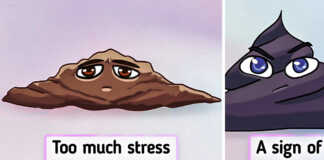One of the most complicated relationships a human being has is with food. We don’t always eat because we are hungry, sometimes this is because of the large amount of ads and food posters around us. Besides, our appetite is awakened by many other factors that have nothing to do with an empty stomach. The increase in consumption, and therefore in weight, affects our health. One study highlighted that appetite changes according to people’s age, and knowing the different stages helps us to improve our diet and cope with problems like weight gain.
At The Elite Indian we were interested in this study’s topic, so we want to talk to you about each “appetite age” so that you can take the necessary dietary steps to stay healthy, depending on the stage you, or your loved ones, are in.
First decade: 0 to 10 years
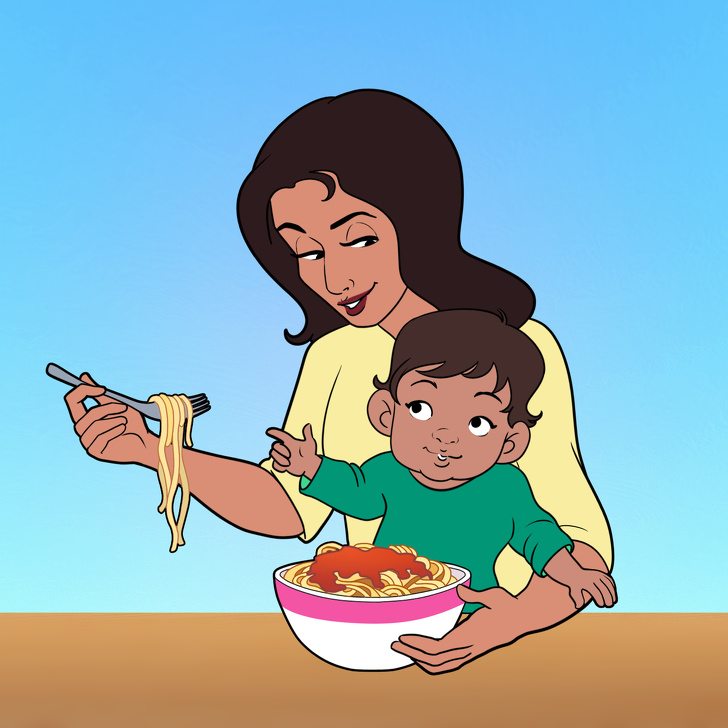
The eating habits acquired in early childhood can continue into adulthood. An obese child is likely to become an obese adult, if parents do not take any precautions. It is important to get children used to trying foods of different flavors, textures, and colors so that they do not become fearful of certain foods later on.
According to research, children have the same eating behaviors as their parents, so their environment should be positive, balanced, and inclusive of healthy foods, like vegetables. It is also good for children to have some control of their portions. Forcing them to eat everything on their plate can decrease their ability to listen to the signs of hunger and appetite, leading to them being overweight.
Second decade: 10 to 20 years

During puberty and adolescence, increased appetite is influenced by hormones. At this stage, a young person’s relationship with food is linked to his or her current health and growth. This period is critical in order to determine eating habits in the future.
Without proper guidance, young people tend to prefer unhealthy foods, whose consumption has consequences that continue into adulthood. Scientists noted that young women are more likely to suffer from nutritional deficiencies, as it is at this stage that they develop their reproductive capacity.
Third decade: 20 to 30 years

As an adult, lifestyle changes can cause a weight gain. And once this is gained, it is hard to lose it. At this particular stage, the body sends strong signals to eat when it is hungry, but the signals it sends to refuse food when it is full are very weak. The study explained that this is because there are so many physical and psychological factors that influence appetite, which encourage people to continue eating even when they’re not hungry.
During this stage, it’s important to learn how to develop a sense of satiety, to listen to the body when it no longer feels hungry, and thus to avoid excessive consumption. This is achieved by choosing foods that are rich in fiber and protein, that help you feel “full” for longer, unlike products rich in sugars and fats.
Fourth decade: 30 to 40 years

At this point in life, the effects of stress begin to show themselves. It has been shown that the difficulties of adulthood lead to changes in the eating routine and appetite: a voracious appetite can develop or, conversely, be lost.
Some personality traits, like perfectionism, influence eating behavior because they often cause anxiety. At this stage, it is key to change any bad eating habits, whether in the work environment or at home. For example, avoiding the vending machine at work and replacing high-calorie snacks with healthy, fresh foods.
Recognizing situations that cause stress and minimizing them will also help improve your willingness to eat healthy.
Fifth decade: 40 to 50 years
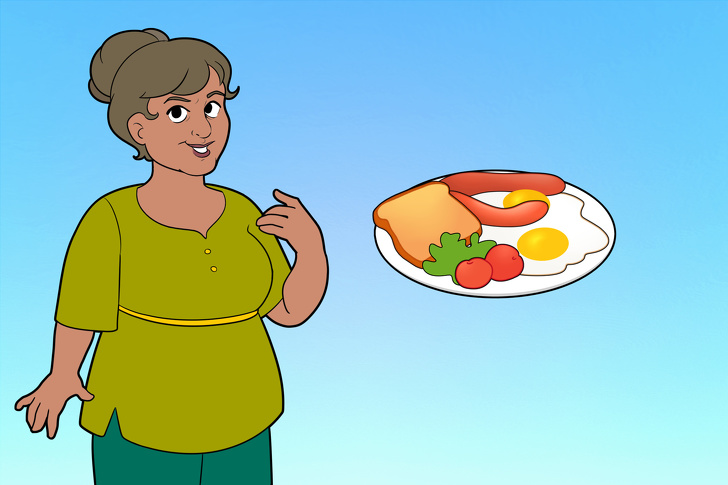
During this period, it will be very difficult to change what has not been changed before, the investigation revealed. The mind dictates that you need to have a balanced diet and exercise, but, in reality, you still eat poorly and excessively.
According to the World Health Organization, it is at this stage that health problems stemming from poor eating habits, like high blood pressure, high blood cholesterol levels, and diabetes come to the forefront. Changes should be aimed at improving health, before the symptoms become evident and irreversible.
Sixth decade: 50 to 60 years
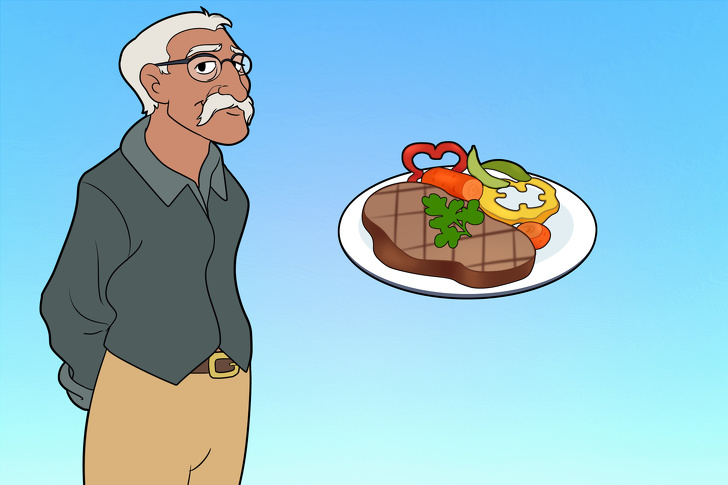
From the age of 50 and on, muscle mass begins to decrease progressively and steadily. Scientists call this “Sarcopenia.” Consuming fewer nutrients than needed, not being physically active, and menopause can speed up this process.
At this stage, it is essential to maintain a healthy, high-protein diet. However, simple meals are often replaced by others that do not meet the nutritional needs of people at this stage, either due to lack of time or loss of appetite.
Seventh decade: 60 to 70 years
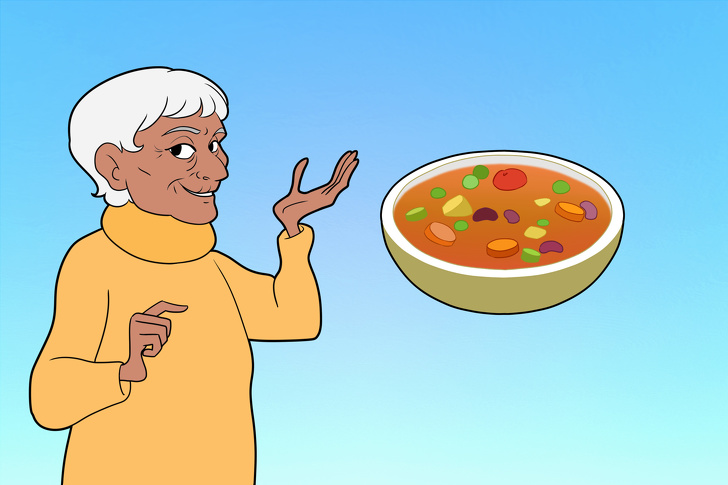
During old age, the body becomes fragile, and weight is lost involuntarily because appetite and hunger are lost. The study points out that, at this point, eating is, more than anything, a social experience.
Widowhood, lack of a family companionship, and a lack of resources, prevents the enjoyment of food. Other factors, such as difficulty chewing and other illnesses, add to this. At this stage, maintaining good nutrition, guided by a specialist, is essential to prolong life expectancy.
At what appetite’s “age” are you? Do you have to make any changes to improve your eating habits?
Tell us in the comments!





